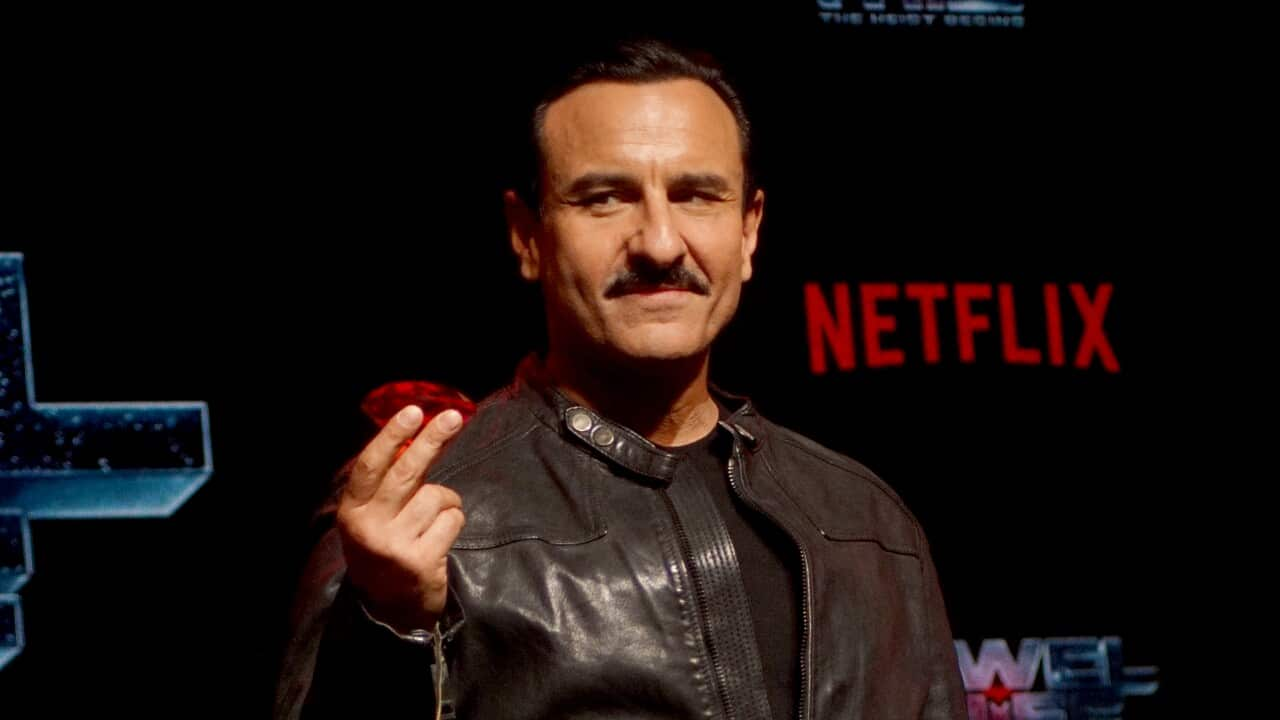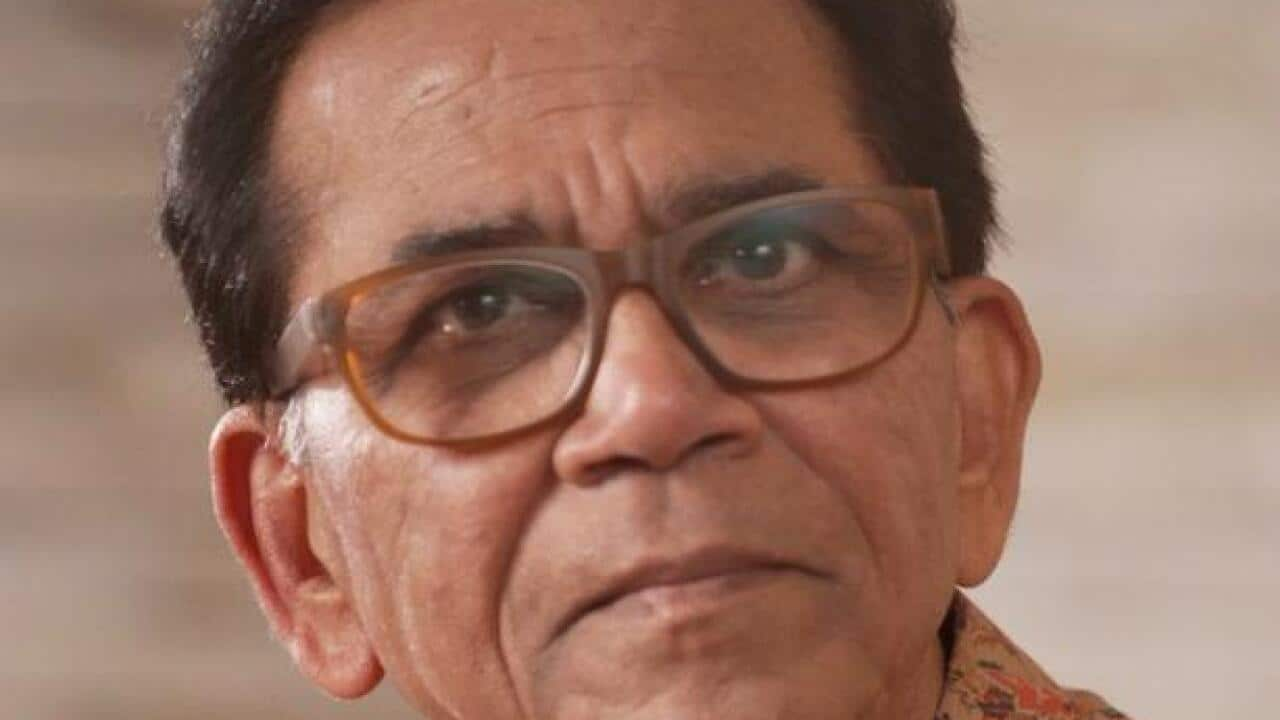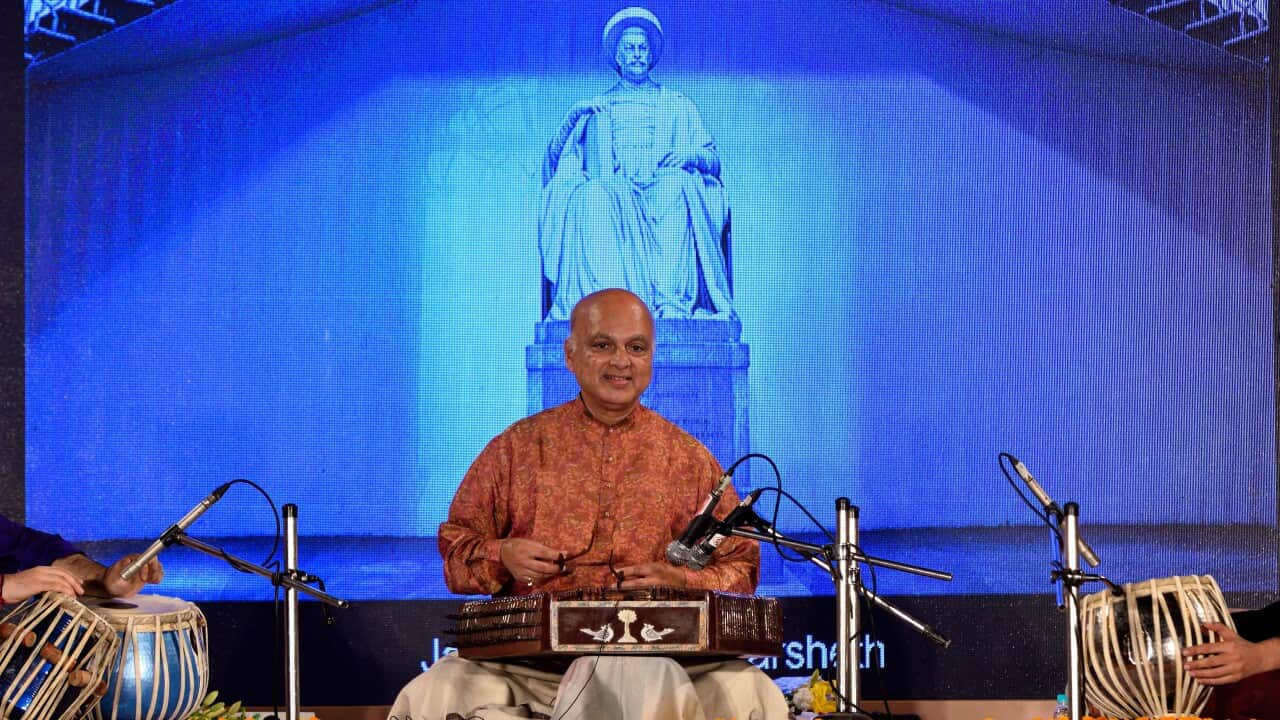Allah-Rakha Rahman, popularly known as AR Rahman, needs no introduction.
Rahman is an Indian composer, singer-songwriter, music producer, musician and philanthropist.
His music is known for fusion of Eastern classical music with Western electronic music.
Rahman has received numerous national and international awards including two Academy Awards, two Grammy Awards, a BAFTA Award, and a Golden Globe.
But most importantly, Rahman was awarded the Padma Bhushan, the third highest civilian award, in 2010 by the Government of India for his contribution to Indian film and music industry.
“Without music, I would be a dead man,” says maestro AR Rehman speaking with Anita Barar in an exclusive interview for SBS Hindi.
Today, Rahman is one of the world’s all-time best-selling recording artists.
In his three-decade long career, he has redefining Indian film music.
Rahman started his career, in 1980s, composing jingles for documentaries and advertisements.
In 1992, he was approached by director Mani Ratnam to compose the msuic for his Tamil film, Roja.
Roja’s score was critically and commercially successful in both its original and dubbed versions.
Rest is history!
WATCH VIDEO: ‘Yeh Haseen Vadiyaan’ from Roja
Another milestone came with Bombay.
This 1995 film not only became one of the highest-grossing films of the Tamil film industry but the film's soundtrack sold 15 million units, thus also becoming one of the best-selling film soundtracks of all time.
WATCH VIDEO: ‘Tu hi re’ from Bombay
Soon, Rahman collaborated with a number top and emerging filmmakers.
Shankar’s Gentleman with its popular dance song – ‘Chikku Bukku Rayile’ was another major hit.
This song established Prabhu Deva’s reputation as Indian Michael Jackson.
WATCH VIDEO: – ‘Chikku Bukku Rayile’ from Gentleman
Similarly, Rahman’s music for Ram Gopal Verma’s debut Hindi movie Rangeela was a major hit with Bollywood audiences.
WATCH VIDEO: ‘Tanha Tanha’ from Rangeela
Impact of Sufi mysticism can also be seen on Rahman’s music compositions. Especially in ‘Chaiyya Chaiyya’ from the film Dil Se.
WATCH VIDEO: ‘Chaiyya Chaiyya’ from Dil Se
Rahman's soundtrack to the Bollywood blockbuster Lagaan in 2001 was critically acclaimed as a brilliant blend of sacred tradition and innovation.
WATCH VIDEO: ‘Chale Chalo’ from Lagaan
Once established in India, Rahman started collaborating with Hollywood filmamkers.
In 2007, he co-scored Shekhar Kapur's first British film Elizabeth: The Golden Age.
WATCH VIDEO: Craig Armstrong and A.R. Rahman’s soundtrack from Elizabeth: The Golden Age
His scores composed for Indian films have also appeared in Inside Man, Lord of War, Divine Intervention and The Accidental Husband.
Rahman's music for 2008's Slumdog Millionaire made him a household name in the West.
It won him a Golden Globe and two Academy Awards for popular song ‘Jai Ho.’
WATCH VIDEO: ‘Jai ho’ from Slumdog Millionaire
In 2005, Rahman visited Australia to perform in a show organised by Charindaa.
Australian director Baz Luhrmann has commented: “I had come to the music of A. R. Rahman through the emotional and haunting score of Bombay and the wit and celebration of Lagaan. But the more of AR's music I encountered the more I was to be amazed at the sheer diversity of styles: from swinging brass bands to triumphant anthems; from joyous pop to West-End musicals. Whatever the style, A. R. Rahman's music always possesses a profound sense of humanity and spirit, qualities that inspire me the most.”
As a composer, Rahman is known for challenging himself and delivering above the expectations of his audiences.
Rahman is going to perform LIVE in Melbourne, Australia, on the 16 February 2017.
WATCH VIDEO: The Music of A.R. Rahman at Asia TOPA | Feb 16
To know more about AR Rahman’s music and his impact on Indian music industry, listen to Anita Barar’s exclusive interview with the maestro himself.




